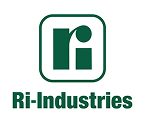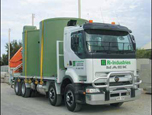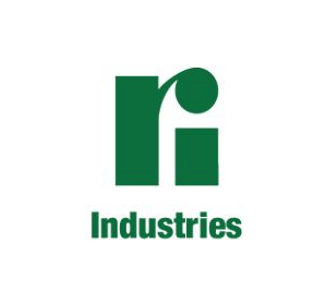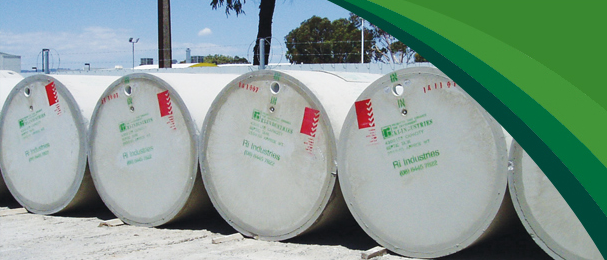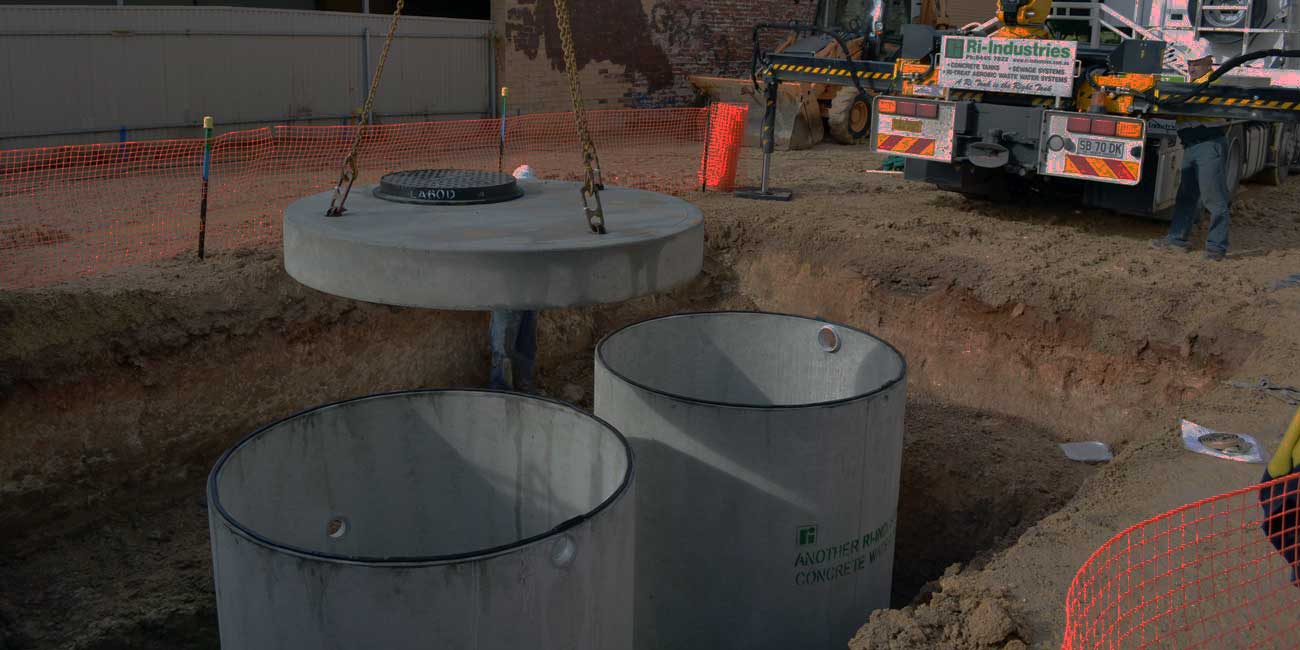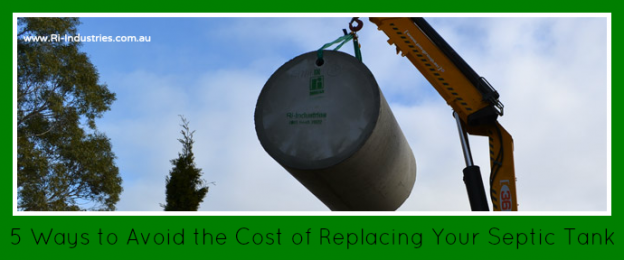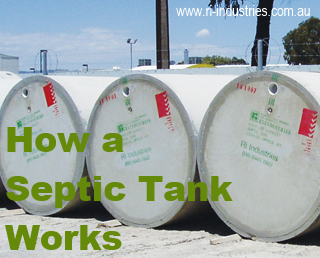If you have chosen to install a septic tank manufactured by Ri-Industries, then you’ve taken the time to research and choose the best product, so now let’s keep things running smoothly by ensuring problem-free delivery.
We understand that the timing of the delivery is extremely important. We work closely with you and your chosen plumber to coordinate delivery times. We employ a fleet of vehicles which are driven by courteous and knowledgeable drivers who will do their best to help you with the on-site delivery.
To make sure the delivery process goes as smoothly as possible, please keep these tips in mind:
- Our trucks are 10 metres long and 2.5 metres wide.
- We will need to reverse up to the hole therefore easy access is very important.
- A clear, level site is required to unload the tank in your excavated area.
- 4.7 metres is needed for the truck to pass under trees and overhead power lines.
- A minimum height clearance of 8 metres is required when unloading.
- 4 metres clearance is required between gate posts.
We look forward to supplying you with our quality septic tanks. Please call Ri-Industries, at 08 8444 8100, with any questions so we can assist in making the process the best it can be.
